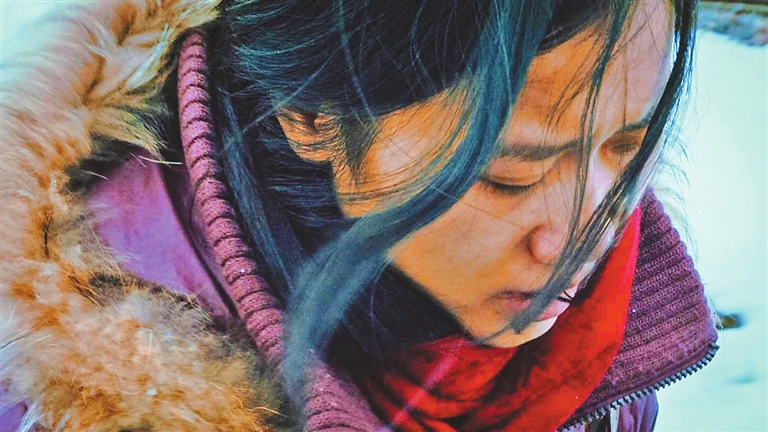
The struggles of three young women from Vietnam who find work sorting fish in a Japanese coastal town may sound painfully dull. However, “Along the Sea” by Japanese director Akio Fujimoto is anything but. Out of suffering, loneliness and mutual support, Fujimoto crafts an austerely beautiful poem to the courage and determination of his heroines, making their fate vitally important to the viewer. A rare coproduction between Japan and Vietnam, it bowed at the Tokyo Film Festival. This is Fujimoto’s second film on migrant workers. His first feature, “Passage of Life,” follows a family from Myanmar as they apply for refugee status in Japan. The same allegiance to documentary realism flows through “Along the Sea,” though here the filming is more stylistically cohesive and the story more dramatically structured. Every character has a precise role to play in the unfolding drama that grips one of the girls, threatening her livelihood and her ability to send money back to her family. The nervous first scenes put the viewer in the protagonists’ shoes. Hustling down a dark wintry street lit by flashlight, Phuong (Hoang Phuong), An (Huynh Tuyet Anh) and Nhu (Quynh Nhu) lug their belongings to the train station in a tense escape scene. Later, we learn they’re running away from a job that was like slave labor: 15 hours a day, seven days a week, scant pay. They travel by ferry boat to a pre-arranged port in Japan and are met by a young man in a van. They have no documents but he says they won’t be needed. They have no choice but to trust him. He drives them to a cold wooden shack up the coast where they will live. The next day they are already at work, separating the fishermen’s catch into big and small fish and packing them in styrofoam boxes. Soon Phuong is sick; her stomach hurts and she stumbles on the job. With touching empathy and support, An and Nhu bundle her up and make a fearsomely long journey to the hospital on a series of trains and buses. Contrary to what they were led to believe, the girl is refused help because she has no papers or insurance. They thank the receptionist who has rejected them and head back. Phuong tells her friends what we’ve already guessed, that she could be pregnant, and for that there is only one remedy. The rest of the story traces her silent rebellion against the abortion that seems inevitable. The drama builds up around the simplest of actions, like Phuong’s long, scary treks in the snow when she gets lost in the city. The girls’ frequent calls home alternate with trips to the ATM where they send cash back to Vietnam to pay for their parents’ debts and put their siblings through school. Fujimoto shows their work as grueling but not inhuman, their bosses snappy but not sexual predators. But as illegal immigrants, they have few rights or protections in case of emergencies. The non-pro acting also draws its strength from simplicity. Stoicism is written deep on the girls’ youthful faces. The only warmth in their lives comes from the way they are there for each other, and when that support is lacking, it is the worst punishment of all. (SD-Agencies) | 
